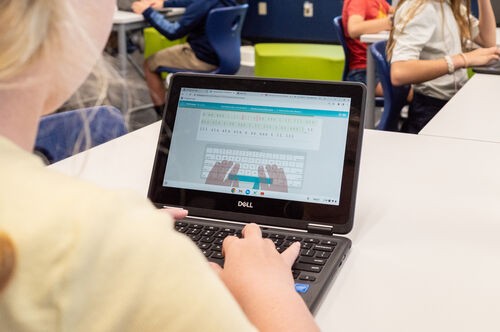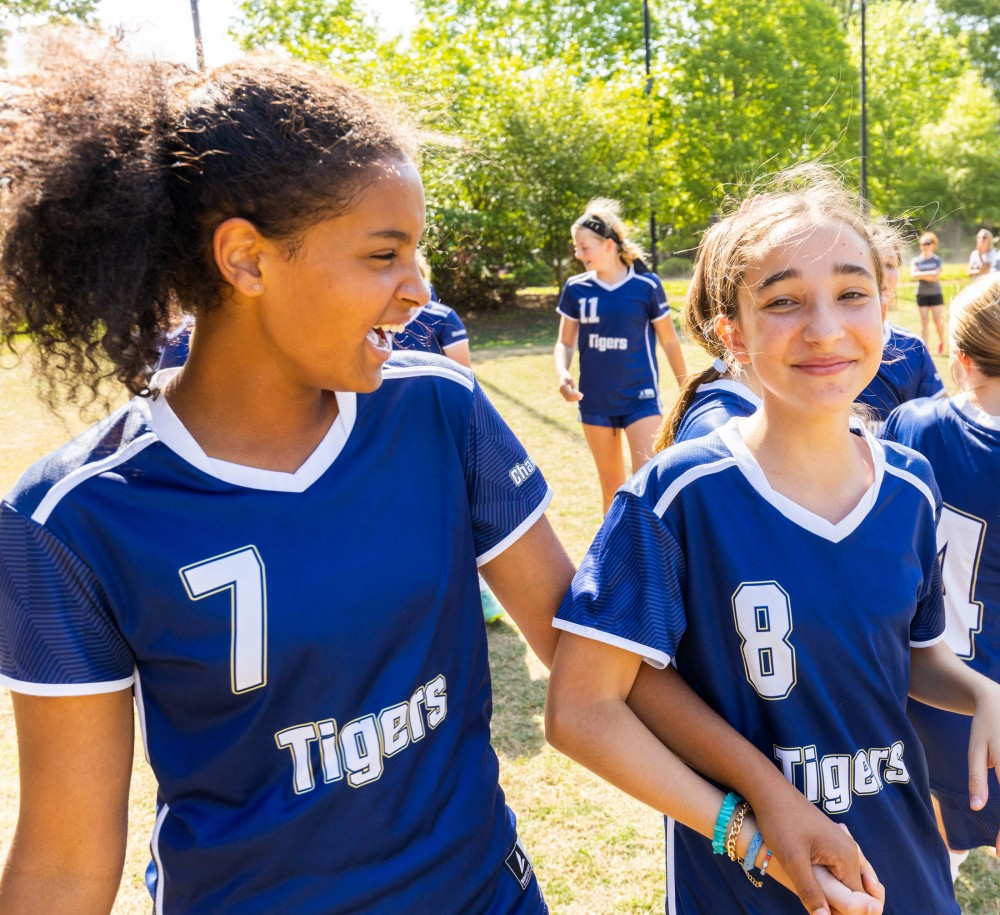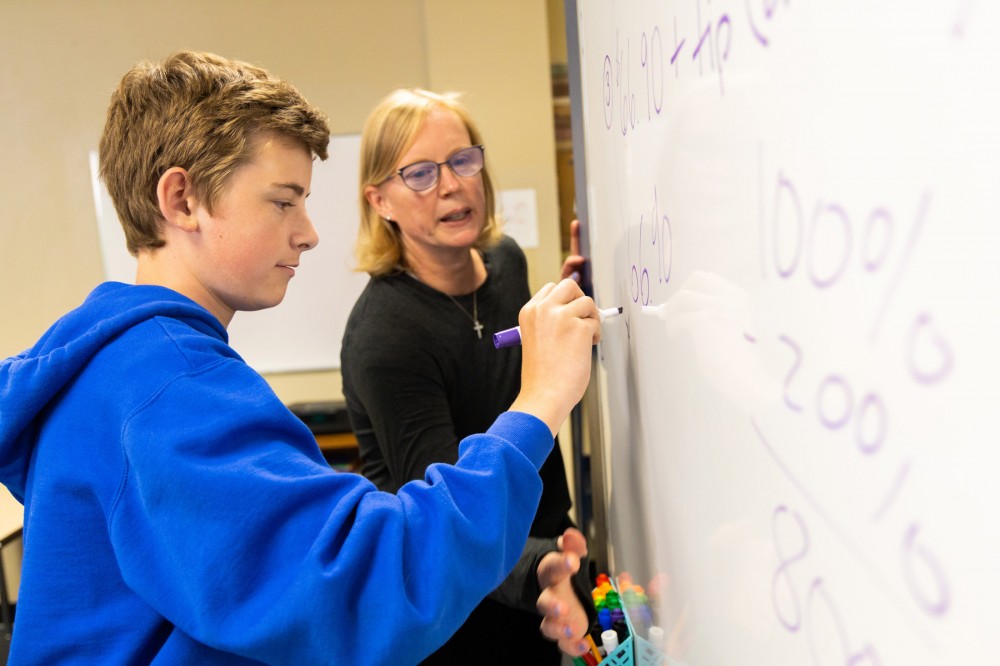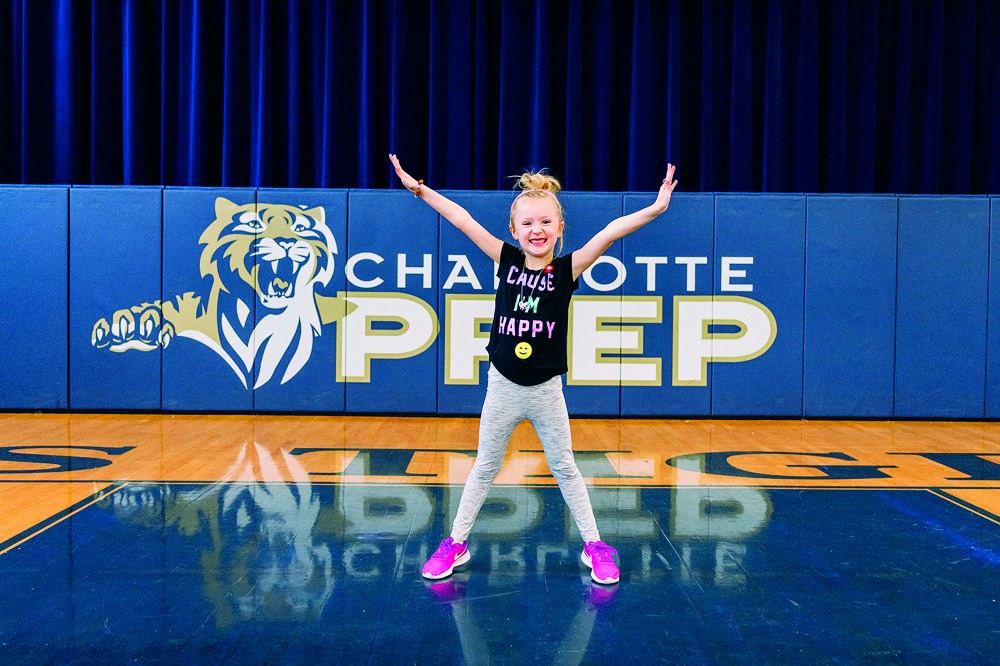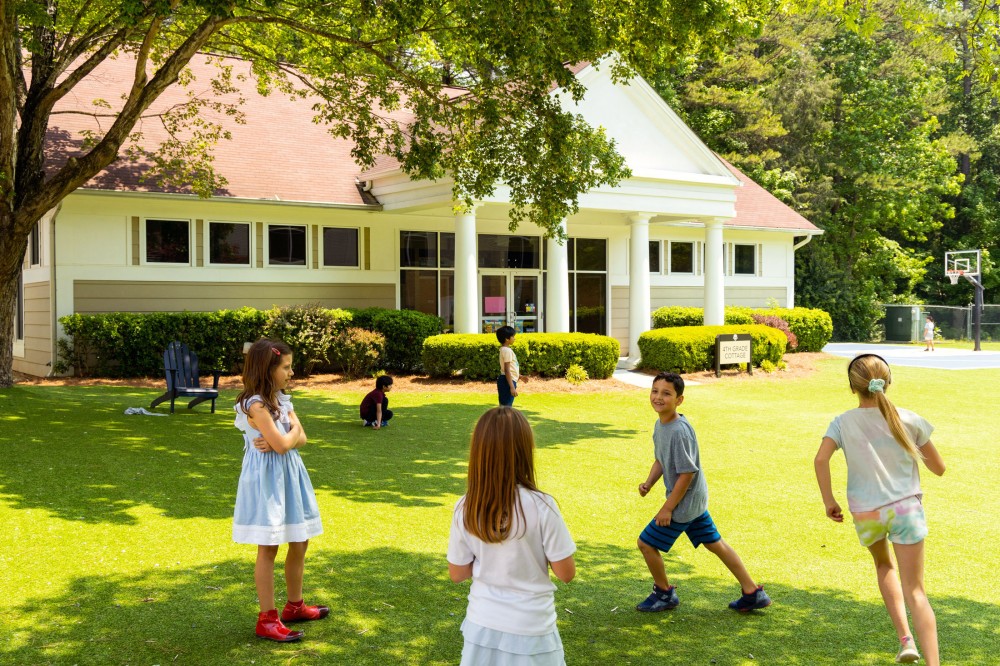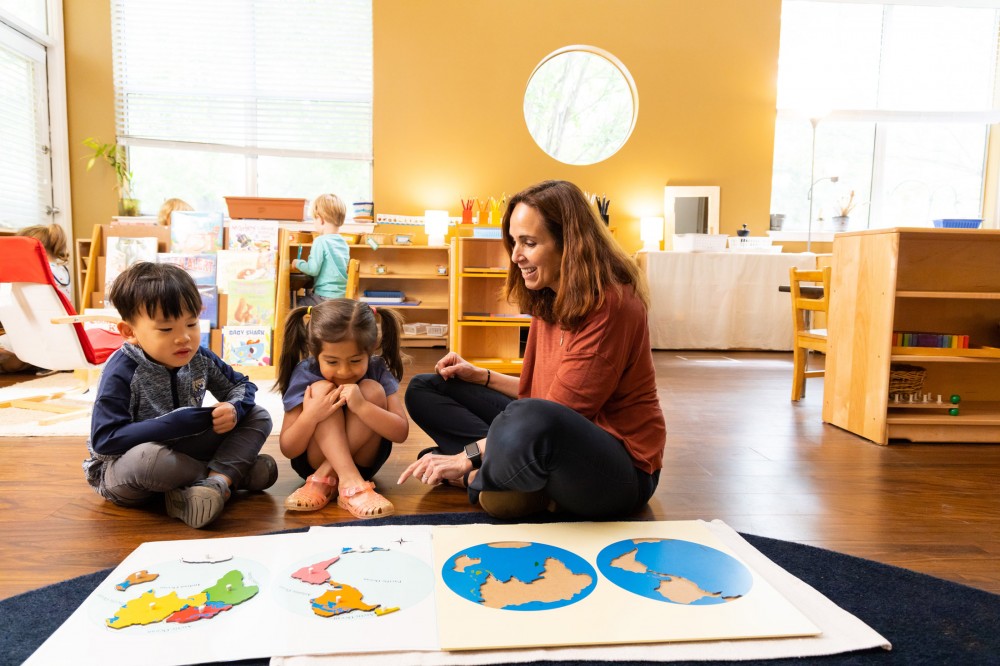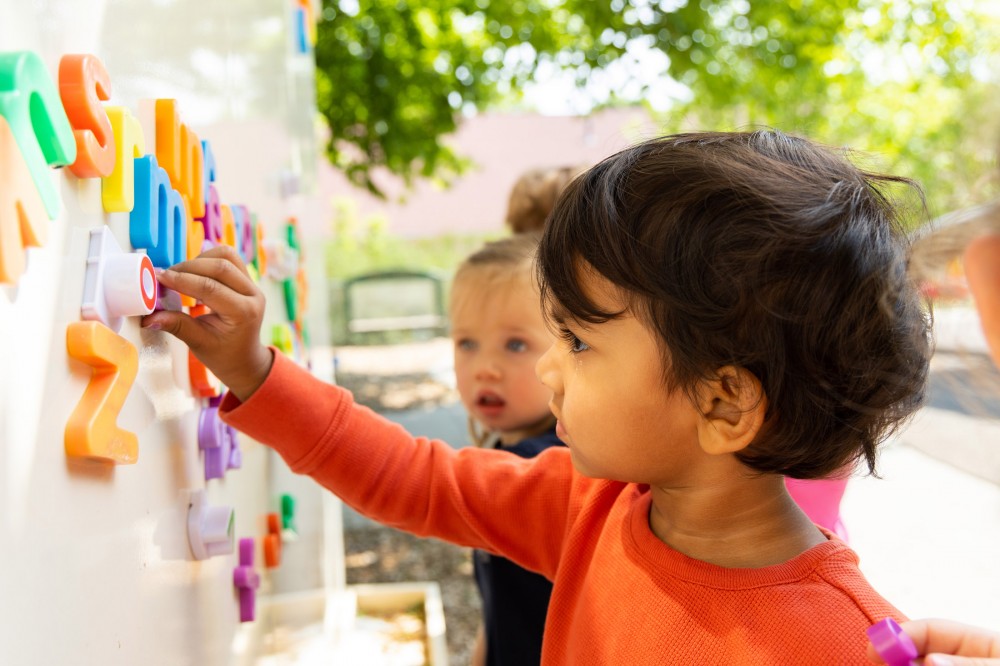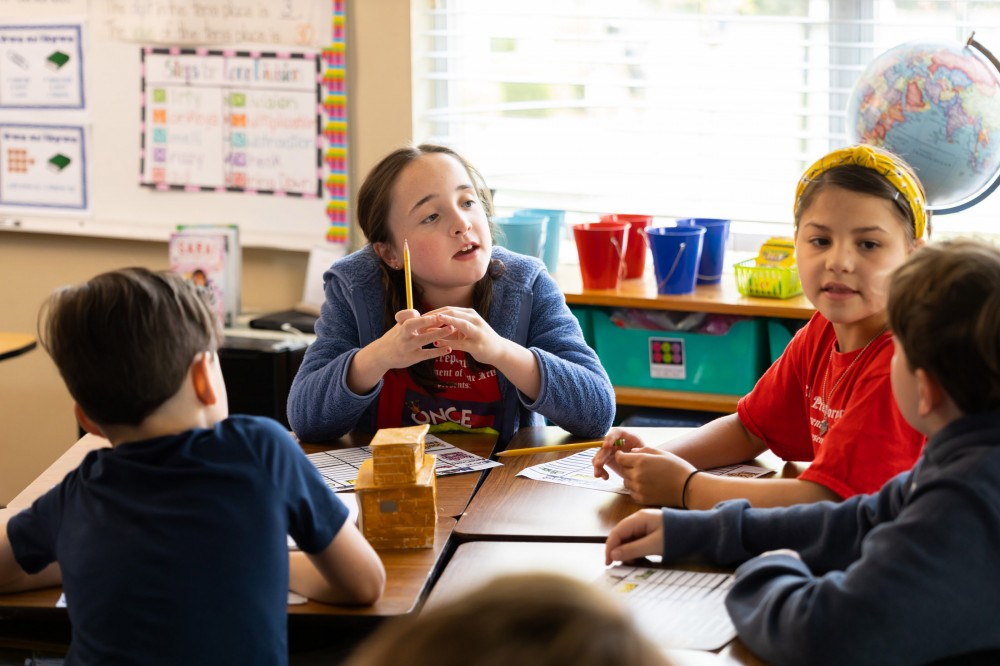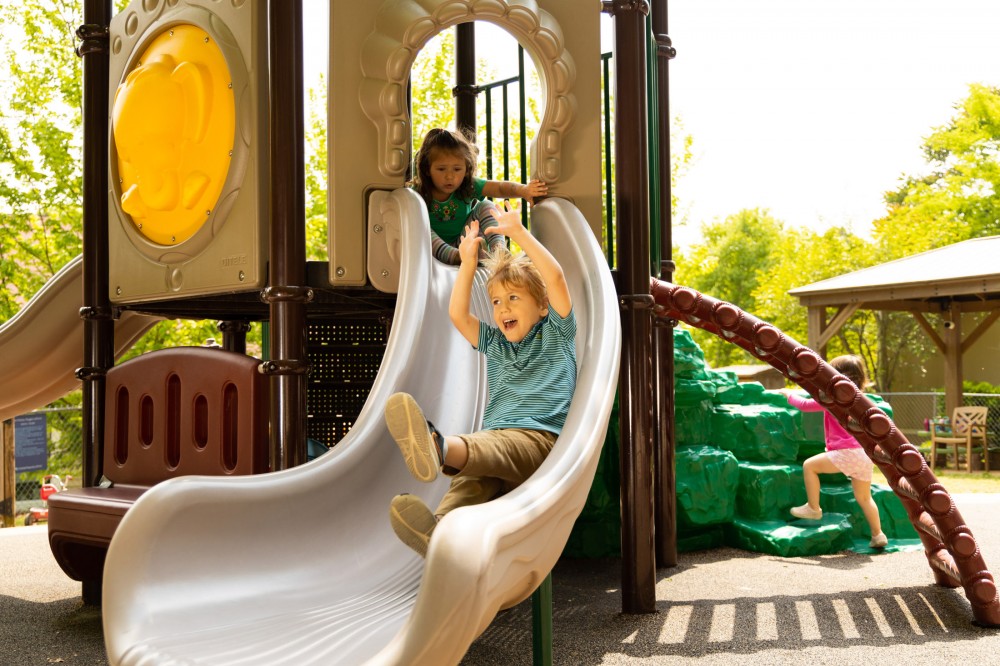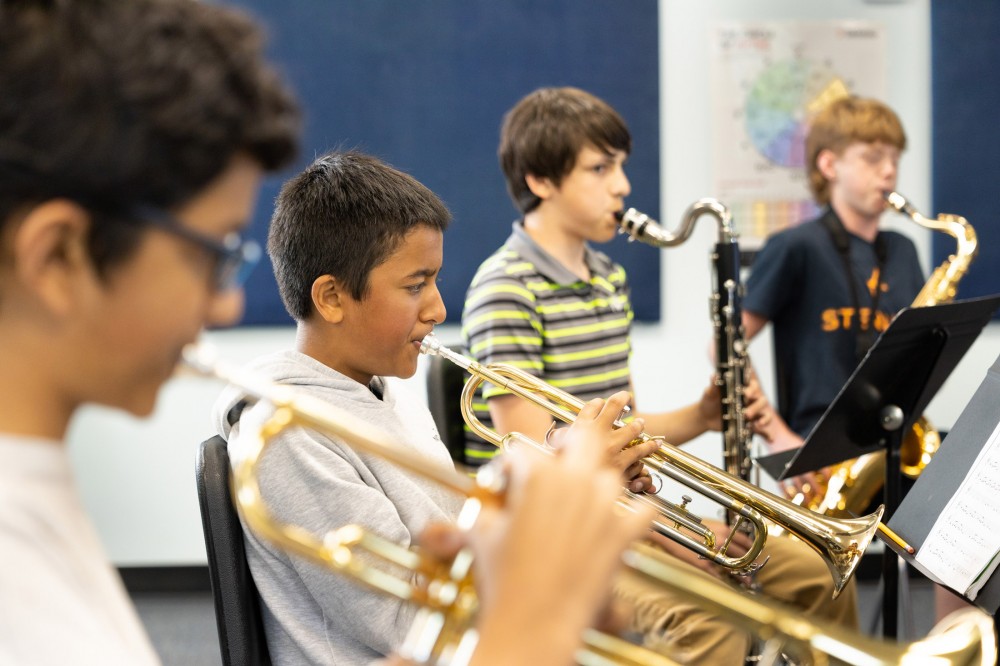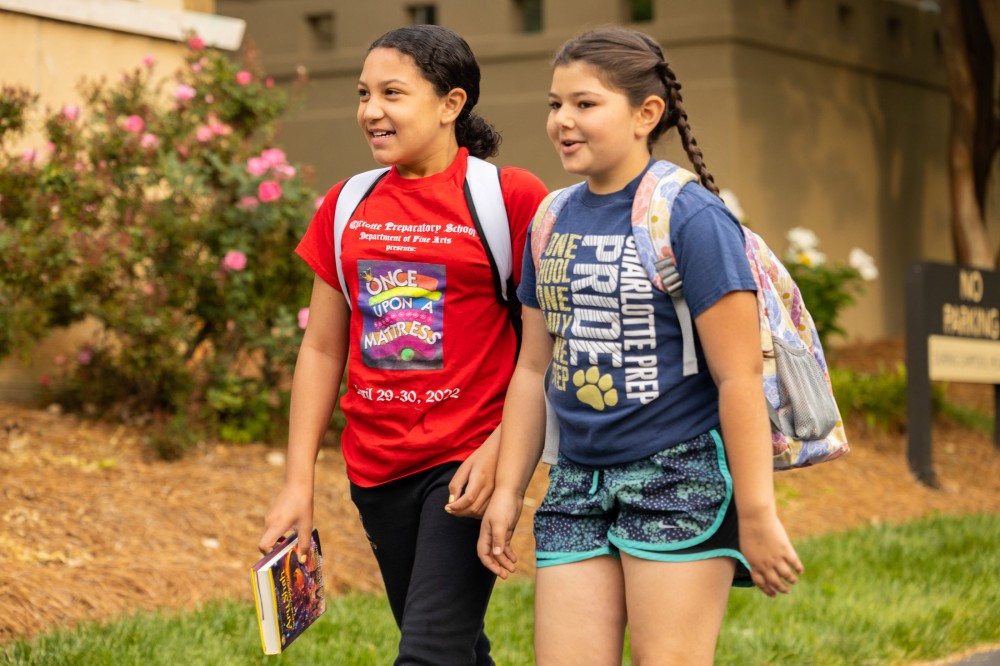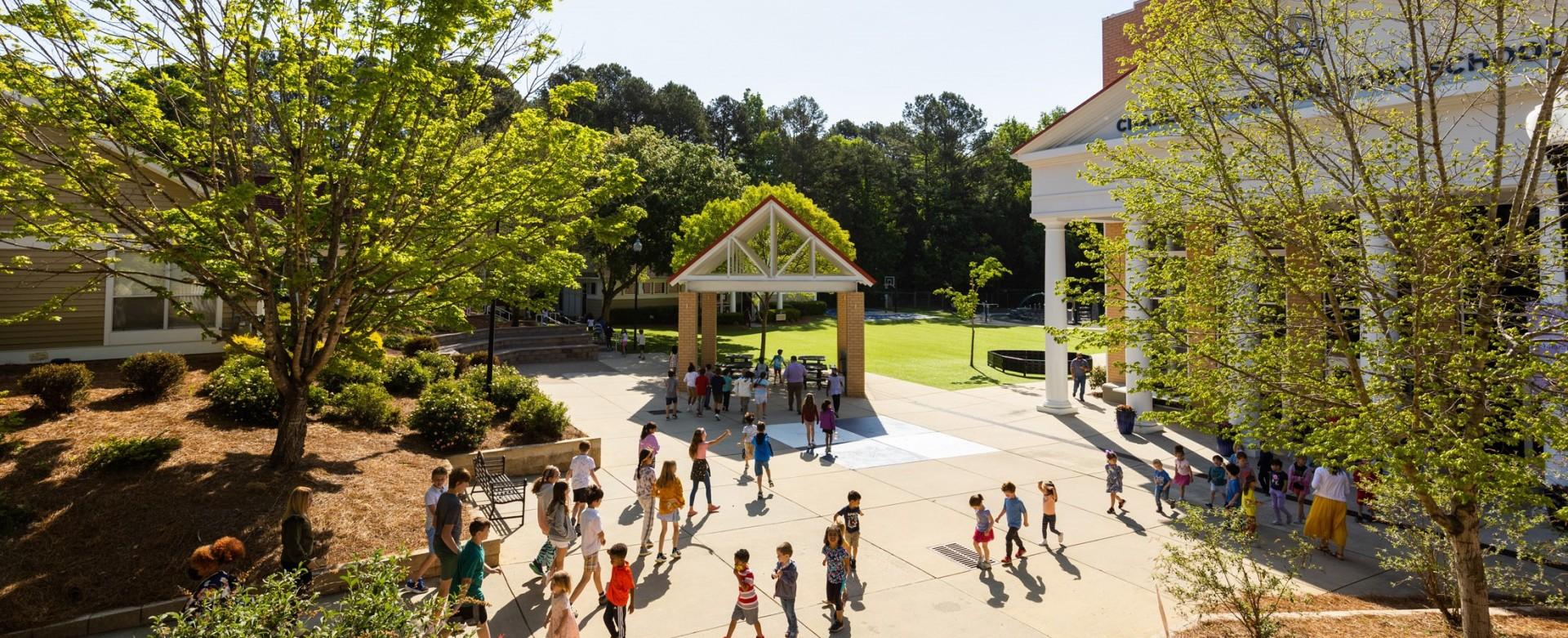Tips for Parenting Healthy Tech Use
February 23rd, 2023
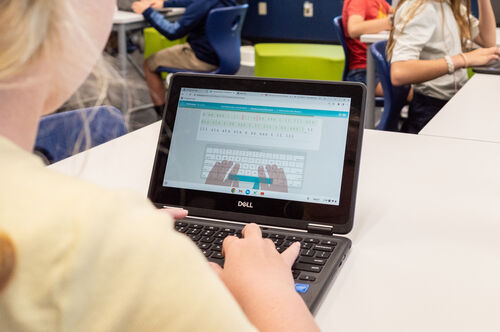 Raising a child in an age when our lives are saturated with technology is a more challenging task than any of us would have imagined when we first were initiated into parenthood. As parents, we have the difficult task of teaching our children the utility and wonder of technology while protecting them from overexposure, overuse, and the myriad consequences it can have for the mind and body.
Raising a child in an age when our lives are saturated with technology is a more challenging task than any of us would have imagined when we first were initiated into parenthood. As parents, we have the difficult task of teaching our children the utility and wonder of technology while protecting them from overexposure, overuse, and the myriad consequences it can have for the mind and body.
Use these tips to help establish healthy dialogue and boundaries with your children.
- Don’t assume that your child knows what is right and what is wrong when it comes to online behaviors. Be specific about what they should or shouldn’t do (e.g., ignore texts from people you don’t know, never give your address or name of your school, don’t accept offers for free things, etc.).
- Give information in small doses, and be repetitive. While students receive digital citizenship lessons in Technology class, kids do best when hearing things on multiple occasions from a variety of sources. Don’t be discouraged if you don’t get much of a verbal response.
- Delay, delay, delay! Hold off giving your child their own mobile device as long as possible. Allowing your child more time to develop cognitively and emotionally is a great protective strategy. The prefrontal cortex, the part of the brain responsible for decision-making and impulse control, doesn’t fully develop until the mid-20s. Children simply don’t have the capacity to make consistently safe decisions online.
- Make balance a family affair. Parental technology habits influence the behavior of children. Resist the urge to check every alert during critical periods of the day, and have firm tech-free times. If you really need to use a device when spending time with your child, consider vocalizing for them what you are doing and why (e.g., “I need to use my phone for a moment to let Dad know that we are running late for dinner”).
- Accept and acknowledge that your child may miss out on certain social interactions if you feel strongly inclined to limit and delay tech/social media use. Rest assured that it is possible to maintain friendships even without frequent digital connectivity.
- Don’t be afraid to talk about your views on pornography. Astonishingly, most children have been exposed to pornography by the age of 12. For 15% of kids, that age drops to 10.
Here are some example questions to start a conversation with your child.
- Do you ever see anything online that makes you feel unsafe or uncomfortable?
- Do you think you would come to me if you saw something upsetting? What would make that easier to do?
- What do you do when a friend shares online content that you are not comfortable with or that you think is harmful to someone?
- What would happen if you turned off your phone for an hour? A day?
- Do you ever feel differently about yourself based upon how many likes, comments, or views you get on a post?
Remember: Even good kids can make bad choices, and exposure to inappropriate content is often accidental. If your child comes to you about something they have encountered either intentionally or unintentionally, avoid placing blame on them or yourself. Instead, focus on problem-solving to prevent future incidents.
Additional Resources
Books:
- iGen
- Glow Kids
- The Big Disconnect
- The Art of Screentime
- The Boogeyman Exists: And He’s In Your Child’s Back Pocket
Websites:
More News from Charlotte Prep
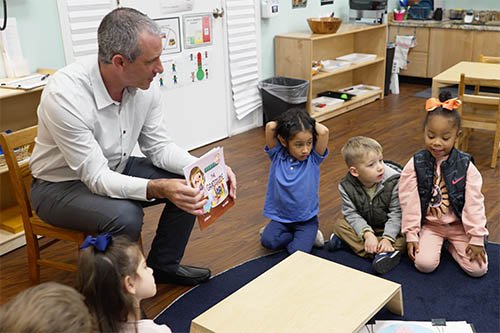 Nov11A Season for Gratitude
Nov11A Season for GratitudeAs we welcome this season of giving thanks and giving back, I couldn’t help but draw parallels between the themes The Gratitude Jar and our mission at Charlotte Prep.
See Details Nov10Prep Players Present: Alice
Nov10Prep Players Present: AliceTalented Charlotte Prep students are hard at work to stage Alice, a one-act adaptation of Alice in Wonderland by Lewis Carroll. The cast is busy rehearsing, and our middle school set design club is crafting props and costumes. You won't want to miss it!
See Details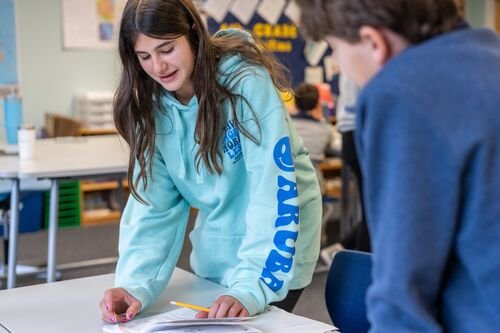 Nov6Mila's Prep Story
Nov6Mila's Prep StoryMiddle school is often described as a challenging time, full of change and uncertainty. However, at Charlotte Prep, it becomes a time of growth, exploration, and confidence. The environment encourages us to try new things, learn from our mistakes, and discover who we truly are, all while being surrounded by people who genuinely want us to succeed.
See Details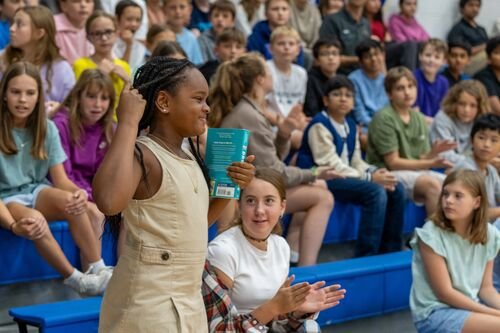 Oct30Binding a Community of Readers
Oct30Binding a Community of ReadersReading for pleasure is one of the most powerful habits a middle school student can develop. It strengthens stamina, builds vocabulary, and deepens comprehension, but more importantly, it opens hearts and minds.
See Details

